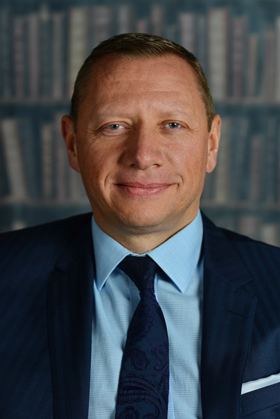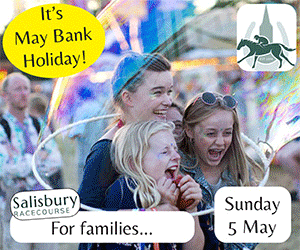Primary Times - the definitive what’s on and where to go family guide of activities and events for children of primary school age. Things to do with your kids during the school holidays including arts and craft activities, music and theatre for children, parties, competitions, days out, and family attractions along with term time drama schools, dance classes, after school clubs and sports activities. Things to do at a place near you!
Money talks and children talk, too
 By Clint Wilson, founder of nimbl
By Clint Wilson, founder of nimbl
Across the world, centennial entrepreneurs are founding businesses, making money and generally displaying a fantastic amount of financial acumen. Nick D'Aloisio is a great example, he was 15 when he founded his start up Summly. Two years later he sold it to Yahoo for $30 million. Whilst Nick may be something of an outlier when it comes to the scale of his success, elements of his story are mirrored by the likes of Moziah Bridges, who started his business aged 11 selling bowties on Etsy and then built to a $150,000 business by the time he was 12. And Cameron Johnson, who at 15 now earns $400,000 each month from a series of companies he began setting up aged 9.
The list of young entrepreneurs goes on and on, but what unites them is their clear understanding of finances. They are proof that you are never too young to start learning how money works. Of course, not every child will be a centennial entrepreneurs, but how can you help children learn about money?
Lessons shouldn’t stop at the school gate
Learning about the value of items and, crucially, giving children greater control over what, where and when they spend their money is a great foundation to contextualise the world of finances.
Just talk
Just talking to your child about money on a regular basis can help to make it an accessible topic and normalises the idea that money is something they should be interested in. It also makes it a subject that children can then actively learn about by asking questions in a friendly environment and researching themselves. However, the lessons need to have an immediate value – there is no point talking about compound interest or mortgages if it won’t be experienced for years. Try talking about piggybanks, ISAs or savings accounts instead.
Remember that children talk, too
It’s important to understand that a lot of children will talk about money on a regular basis in the playground. My daughters regularly chat to their friends at school about how much money they have saved and where they can hunt down a bargain. Similarly, my sons loved to complain when they spent a 'packet' on a Playstation game that their friends found cheaper elsewhere! In fact, some of the best examples of how to talk to children about money comes from children themselves.
This was confirmed when we asked our young users for money saving advice that they would share with other people their age. We were inundated with fantastic advice from a host of savvy savers and eagle-eyed bargain hunters who could teach adults a thing or two when it comes to talking about money.
Rîon-Jensen Brown, aged 12, sent in crisp and clear advice on how to save money in terms his school friends could easily understand. Knowing he gets £15 a week to spend on lunch at school, he saves money by bringing in a drink from home. This small change allows him to save £5 a week.
When it came to spending, Rîon-Jensen memorably advised his fellow young people not to let RRP “become RIP to your finances!” Ultimately, he advised that next time you go shopping “remember to check the price and make a mental note of the RRP, then next time use it to compare against the price in the shop, as you could make a potential saving.”
On a similar note, CK, aged 16 sensibly suggested that her fellow teen shoppers should think about planning expensive purchases in advance to see if you can't find the same items cheaper. As she puts it, “I know those boyfriend jeans are just a must have, but why spend £40 now when you can wait for a sale that's just around the corner?”
There are plenty more examples submitted to us on a daily basis by young people thinking innovatively about their finances. Some of them may go on to emulate the entrepreneurs I’ve mentioned above, however, whatever their future career, they already have a great grounding and attitude towards money.
A great way for parents to cement the lessons they teach their children is to put theory into practice. They can give their children an allowance and a long term saving goal. This will help them learn more complex concepts such as budgeting, saving and the relative value of items. They will be able to apply their own approach and share ideas with their friends. And you never know, seeing the bright ways your children go about managing money might also give you some tips.
Clint Wilson is a father of four and the founder of nimbl, the prepaid MasterCard debit card for children aged 8-18.
@ClintPayments @nimbltalk



